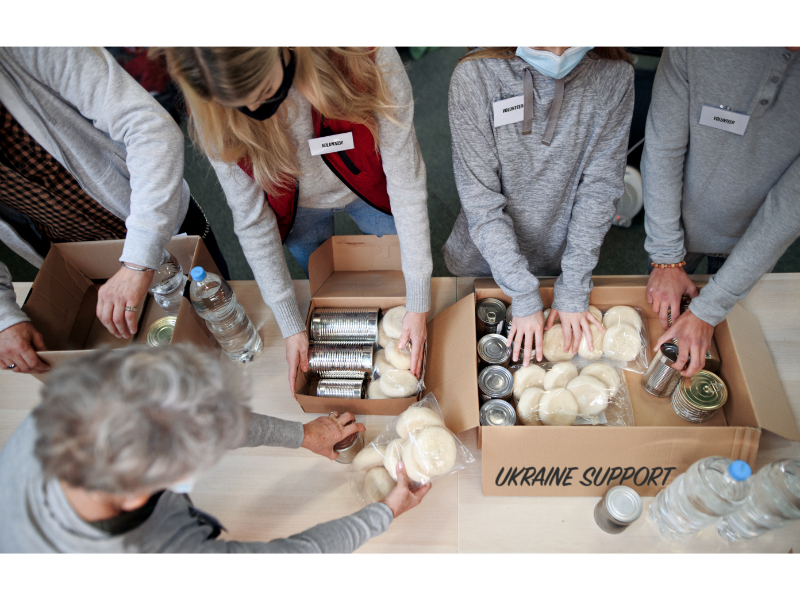Humanitarian development work involves assisting individuals, families, and communities in need. Such efforts may include providing education, healthcare services, emergency relief, or building infrastructure. Humanitarian development aims to empower people to improve their quality of life and build a better future for themselves. As we explore the benefits of this important work, let’s consider its impact on individuals, communities, and even the world.

The Impact on Individuals
Humanitarian development organizations strive to create opportunities for people to overcome challenges such as poverty and lack of access to resources. By doing so, these organizations can help individuals break free from cycles of poverty and reach their full potential. For example, access to education can give children the knowledge they need to make informed decisions about their lives—and possibly even break out of the cycle of poverty that has affected their families for generations. Similarly, access to healthcare services can provide people with the tools they need to live healthy lives and lead more productive careers.
The Impact on Communities
Humanitarian development initiatives also positively impact entire communities by strengthening vulnerable populations and creating additional opportunities for economic growth. For instance, building infrastructure can open up new markets and trading routes while providing jobs for local workers. Additionally, it can increase access to clean water sources or improve transportation networks between remote areas and larger cities or towns. All these improvements enable communities to become more self-sufficient by developing sustainable sources of income and other resources they can use over time.
The Impact on the World
Finally, humanitarian development initiatives have a global impact by improving public health outcomes worldwide and reducing disparities between wealthy countries and developing nations. Access to essential resources such as clean water or healthcare services can help reduce cases of preventable diseases like malaria or HIV/AIDS while increasing life expectancy rates overall. Additionally, better educational opportunities mean more people will be able to pursue higher education—which leads not only to better economic prospects but also stimulates innovation in science and technology—in turn leading us closer to making our world a better place for all its inhabitants!
In conclusion, humanitarian development work is an invaluable component in helping build strong communities around the globe—by enabling individuals with much-needed support like education or healthcare services; helping whole communities gain sustainable sources of income; and improving public health outcomes across international borders through increased access to essential resources like clean water or medical care. In short? We all must continue doing our part in supporting these important initiatives!












